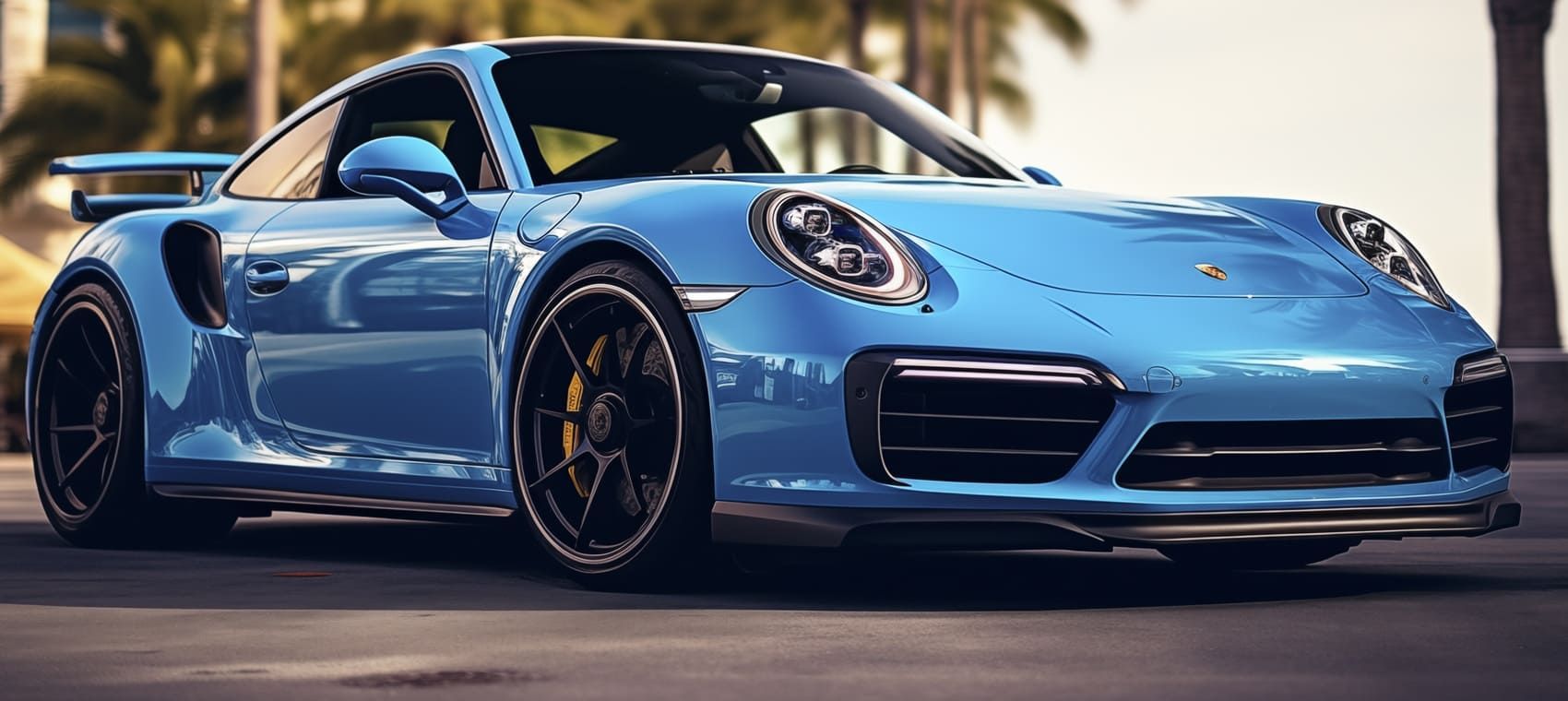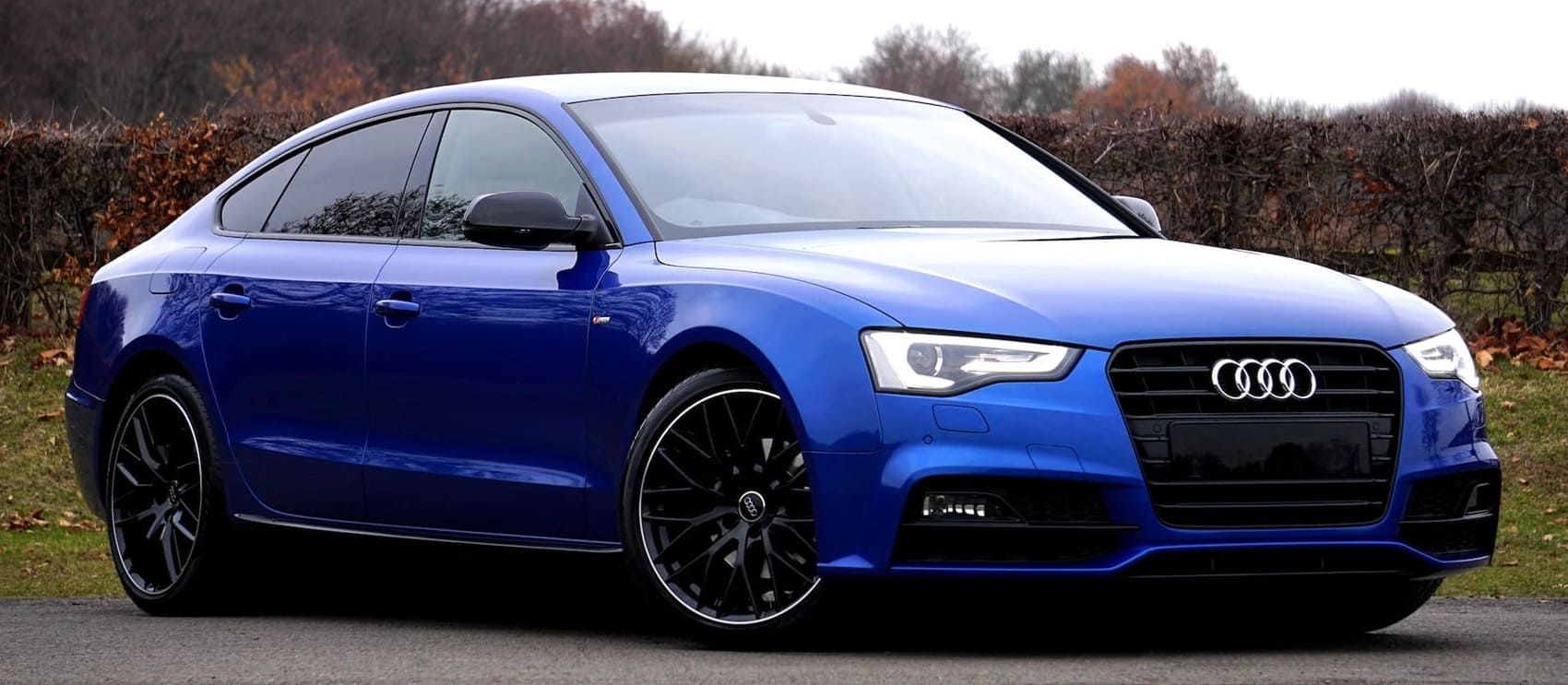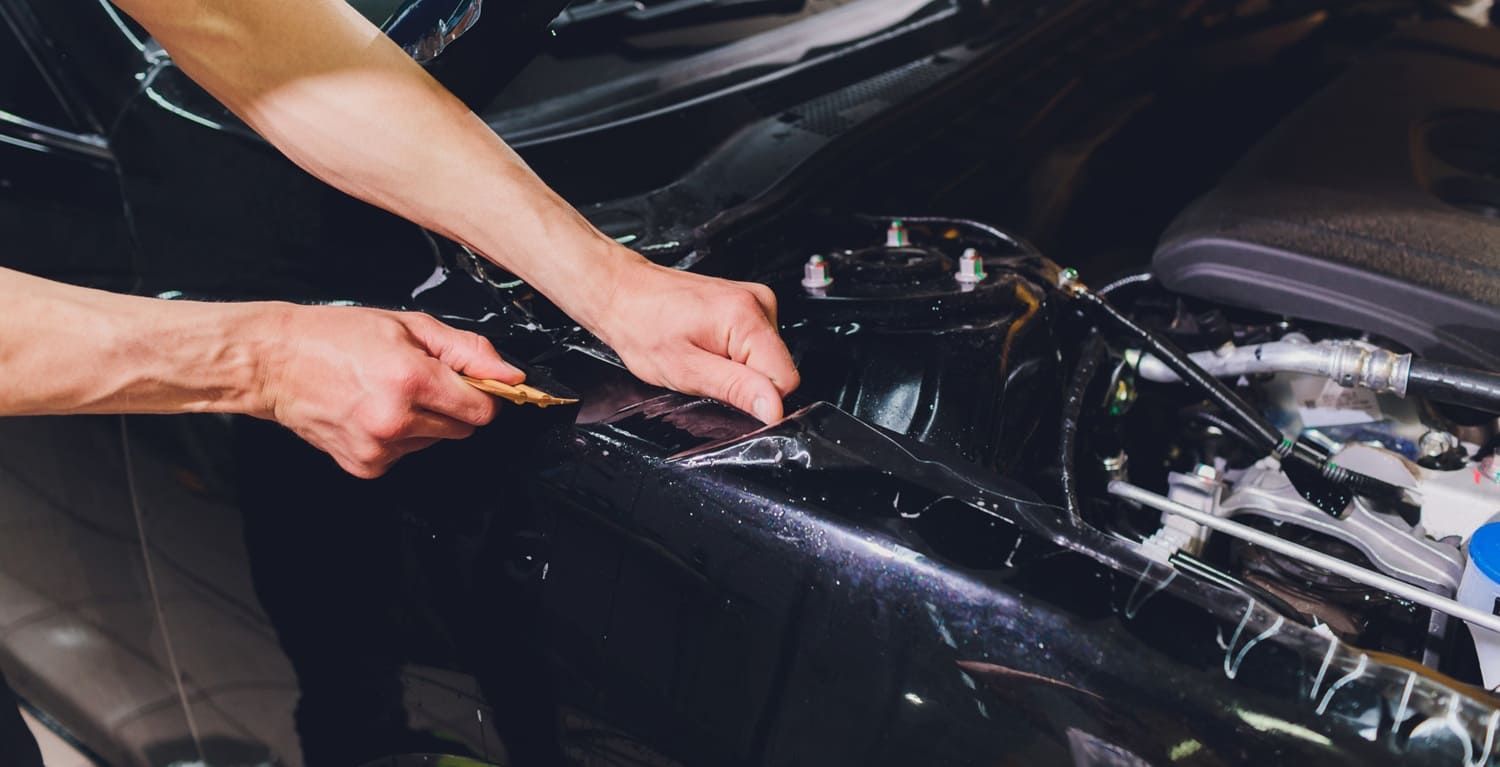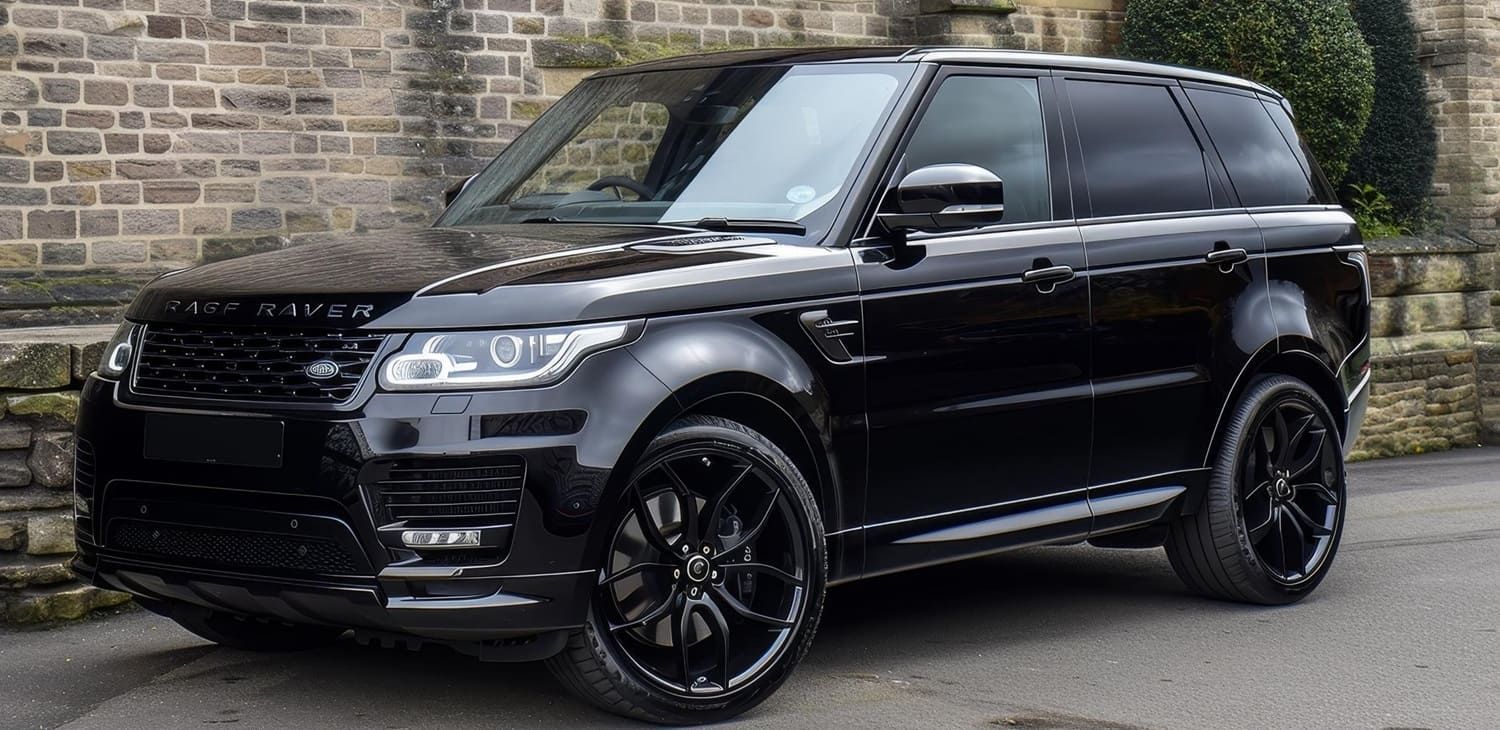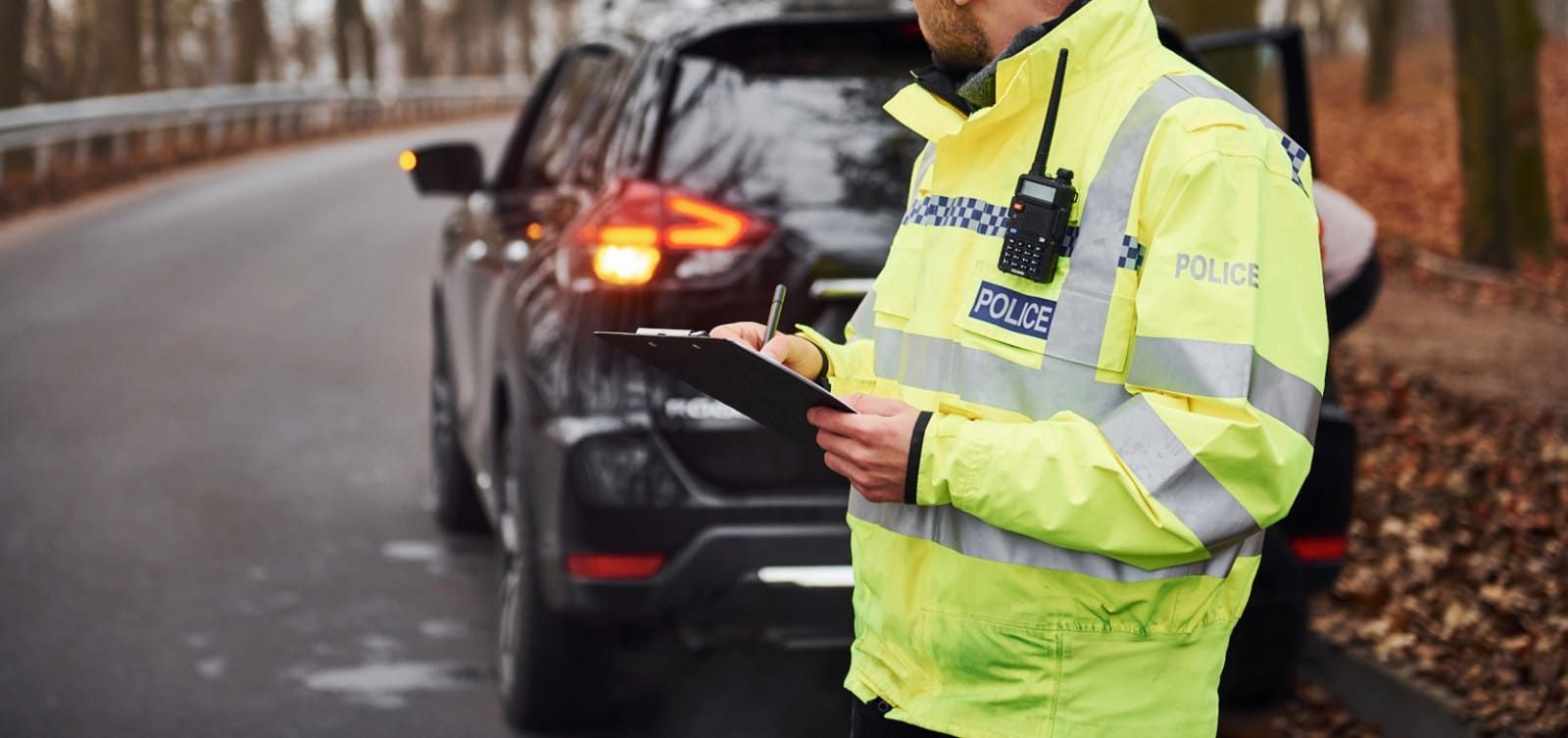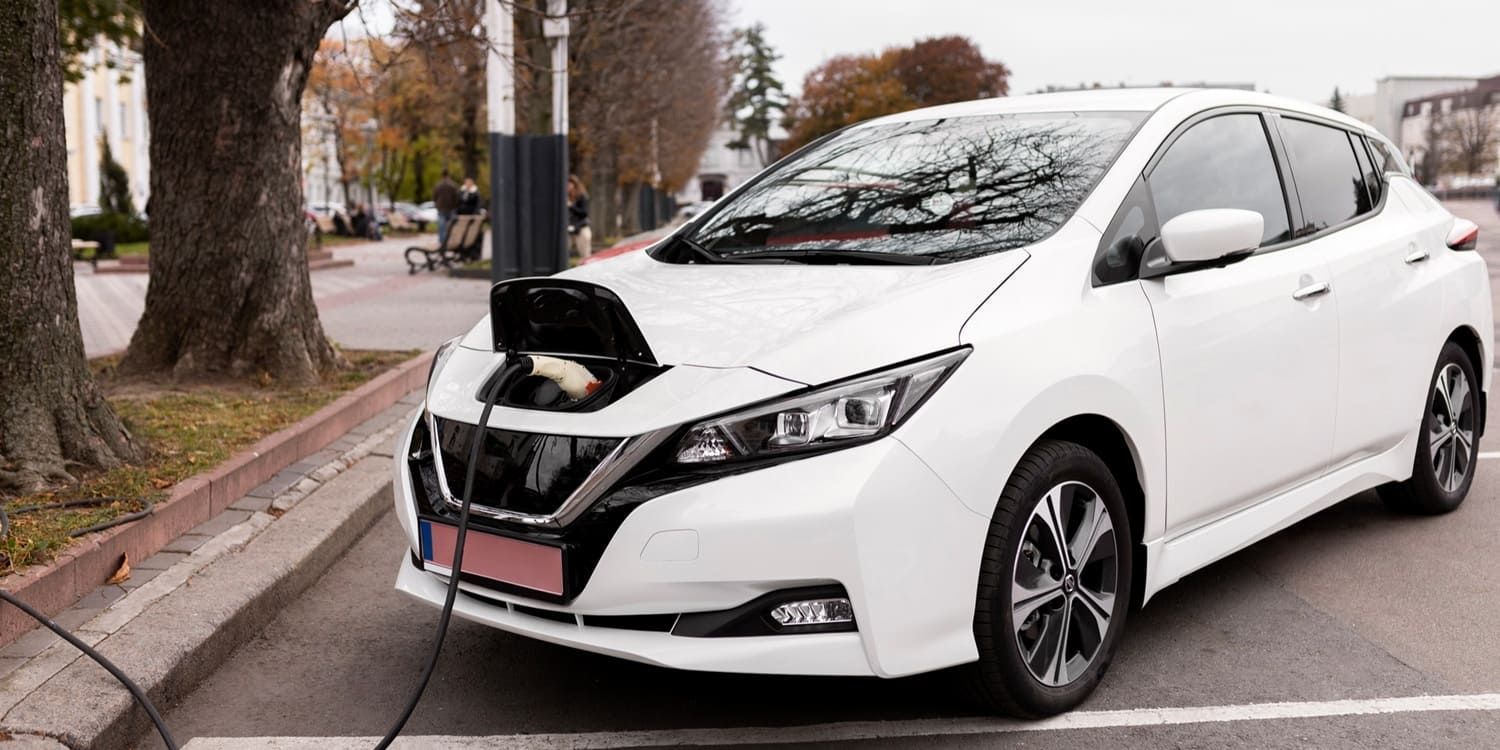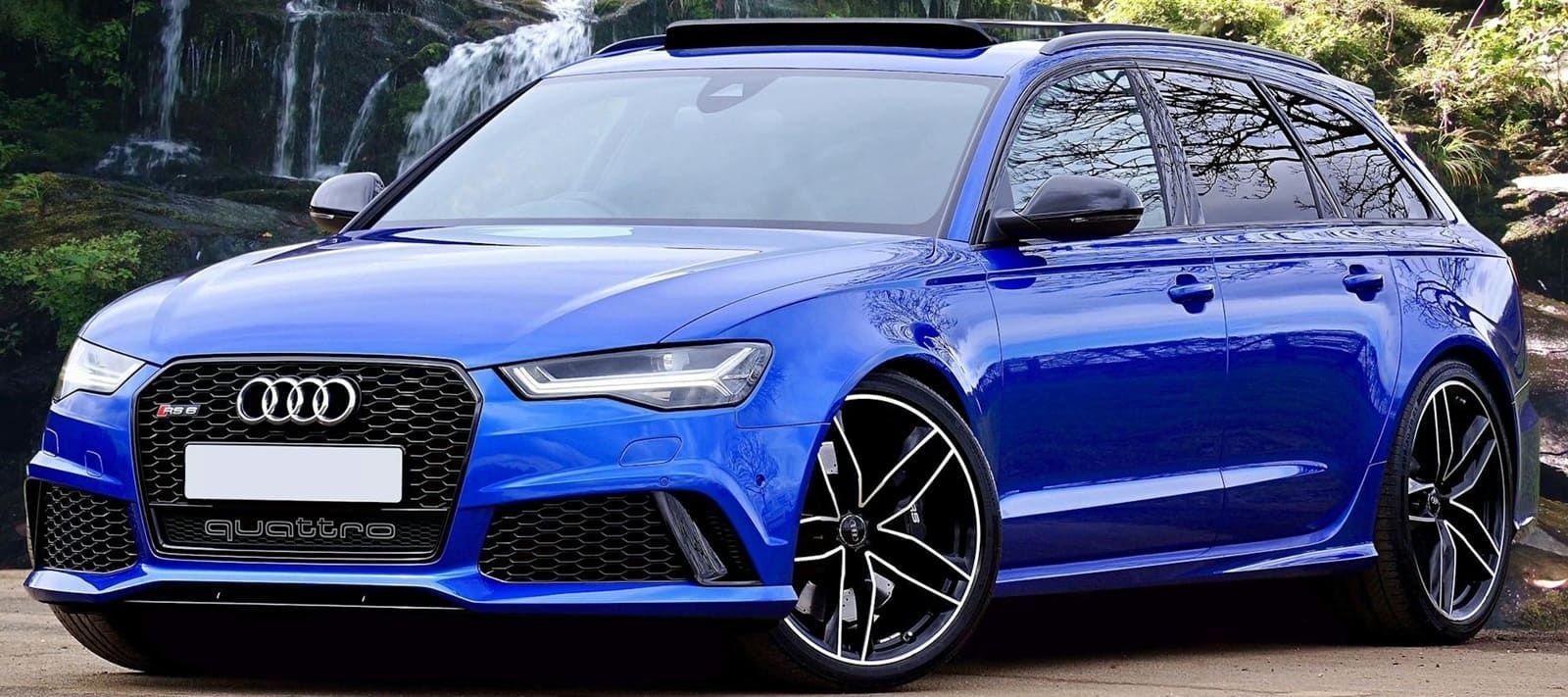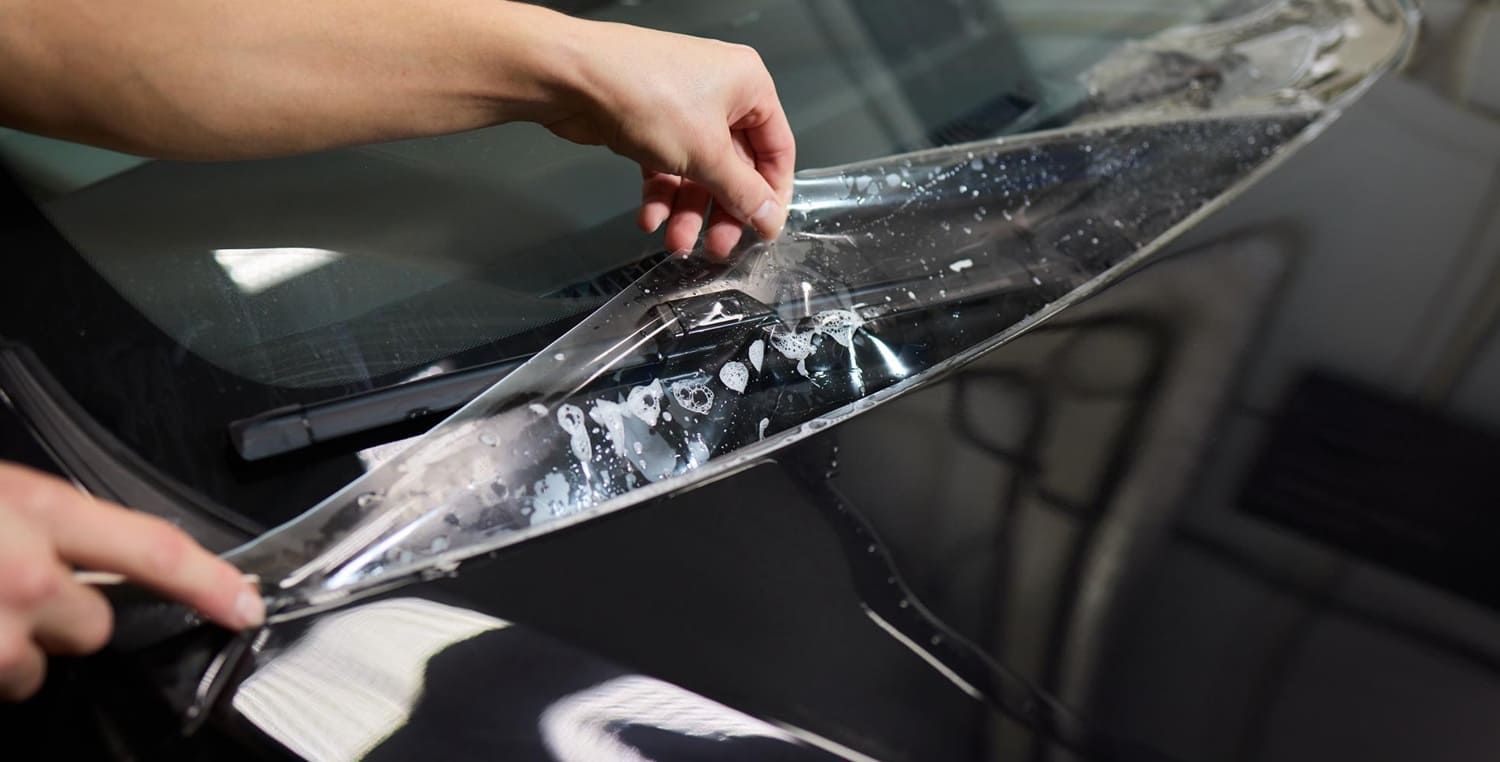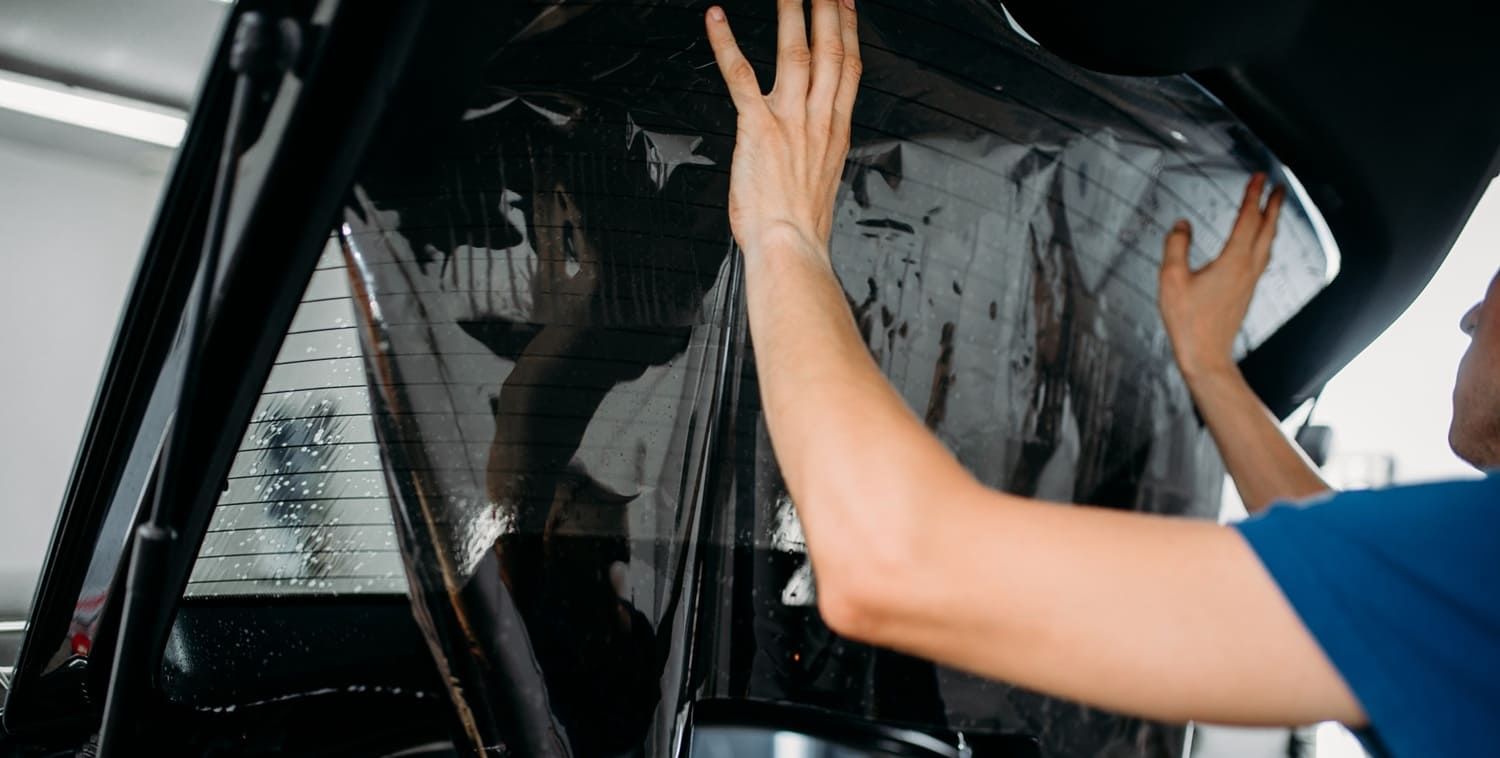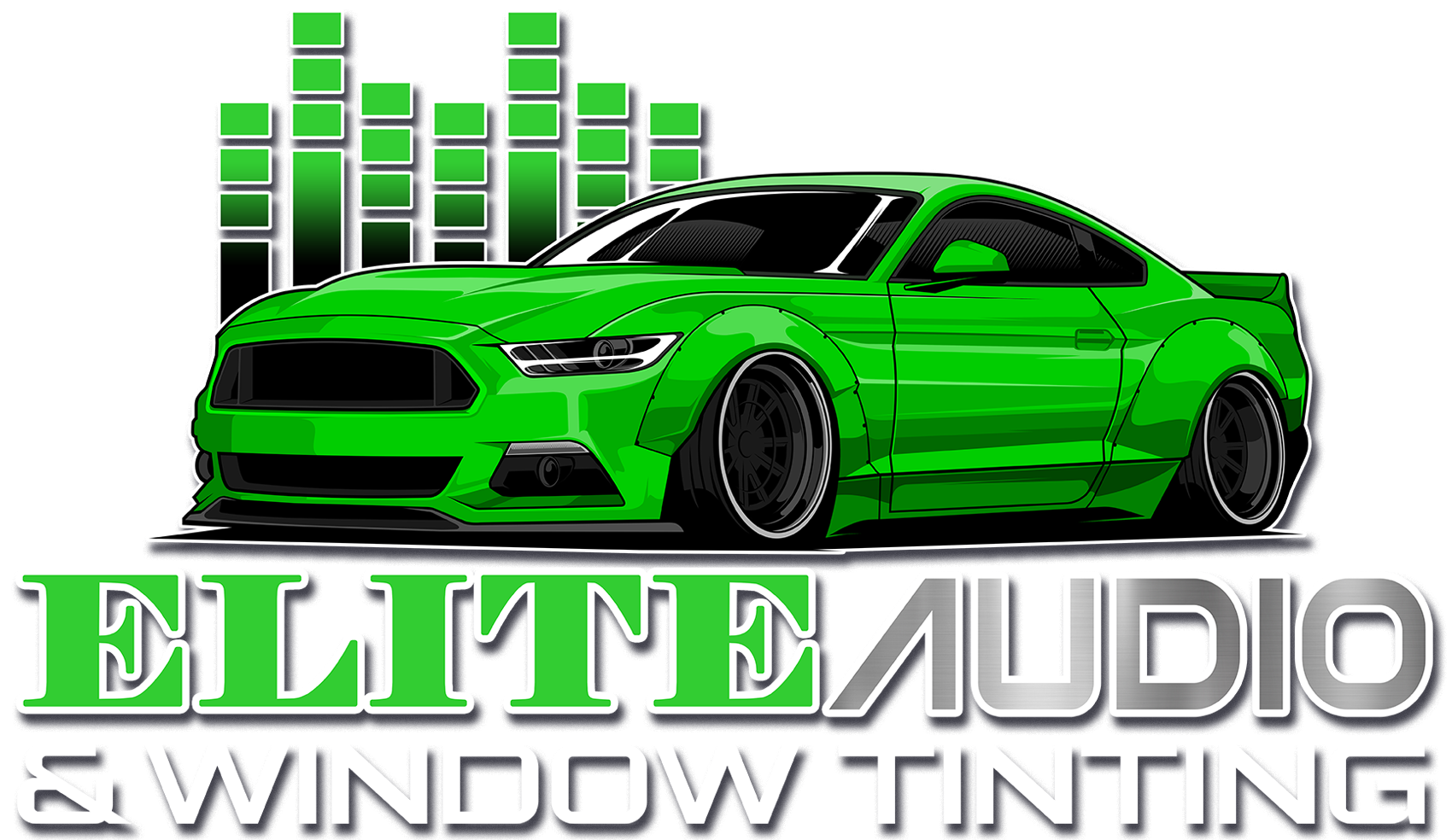PPF vs. Ceramic Coating: Which Is Best for Tennessee Drivers?
Protecting your vehicle in Tennessee isn't just about looking good—it's about long-term value, safety, and responding to real-world hazards. From intense summer heat and humidity, to sudden storms and the daily risks of gravel, bugs, and debris on our state highways, vehicle protection is an investment every car owner should consider. That’s why drivers across Athens, Knoxville, Chattanooga, and beyond are researching their options:
Paint Protection Film (PPF) vs.
Ceramic Coating. Which is truly the best car protection for Tennessee in 2025? This in-depth guide will help you decide.
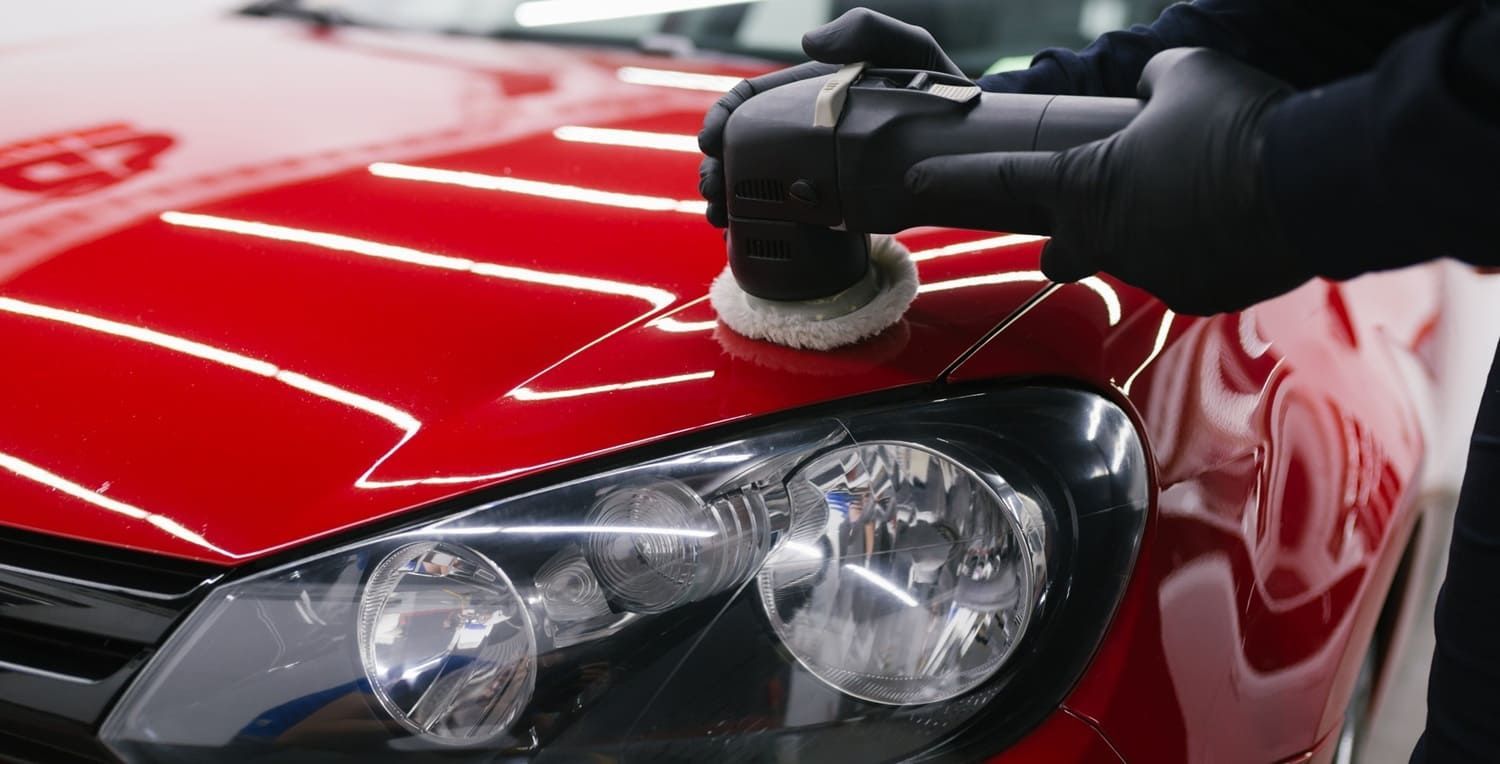
1. Why Vehicle Protection Is Essential in Tennessee
Tennessee’s climate throws a lot at your car. Blazing summer temperatures can cause paint to fade, while humidity accelerates corrosion. Rain brings the risk of water spots and stubborn road grime, especially with pollen bursts and tree sap so common in our region. Rural routes and major highways both present threats: gravel, sand, bugs, and flying debris can quickly chip or scratch vulnerable paintwork. With long commutes and diverse terrain, vehicle protection isn’t a luxury—it’s a smart, money-saving necessity for Tennessee drivers.
2. Paint Protection Film (PPF): In-Depth Overview
What is PPF?
Paint Protection Film is a virtually invisible, self-healing polyurethane layer applied directly over your car’s painted surfaces. Premium brands (think LLumar, XPEL, 3M) offer advanced protection—including UV filters, hydrophobic surfaces, and true self-healing against scratches.
- Protection level: Top-tier defense against stone chips, scratches, road salt, bug splatter, and even minor door dings.
- Durability: Typically lasts 5–10 years, sometimes longer with professional installation and care.
- Appearance: Modern PPF is nearly invisible and can offer gloss or matte finishes.
- Maintenance: Simple washing—avoid harsh chemicals. Self-healing properties “heal” scratches with sun/heat.
- Cost: $1,200–$6,000+ depending on area covered (front end vs. full body).
- Long-term value: Preserves paint and resale value, pays for itself if you value flawless appearance.
Is PPF Right for You?
- Luxury car owners : Essential for high-end paint preservation.
- Daily commuters : Shields cars clocking many highway miles from unavoidable debris.
- Off-roaders/adventure drivers : Protects from brush, sand, mud, and flying rocks.
- Tennessee drivers : Especially valuable for anyone parking outdoors or driving rural roads.
3. Ceramic Coating: Modern Armor for Your Vehicle
What is Ceramic Coating?
This advanced liquid polymer bonds to your paint, creating a hydrophobic layer that repels water, dirt, and some chemicals. Popular brands (Ceramic Pro, Gtechniq, Adams) deliver multi-year protection with amazing gloss and easy-clean surfaces.
- Protection: Repels water, mud, road salt, pollen, and bird droppings. Shields against minor swirls and light scratches, but less impact-resistant than PPF.
- Durability: 2–5 years with professional-grade products and correct maintenance.
- Appearance: Deep, liquid-like shine and gloss—optimal for show cars and daily drivers alike.
- Maintenance: Makes car washing a breeze. Dirt and water bead and roll off; less need for waxing.
- Cost: $600–$2,000 for a full exterior treatment (higher with prep and paint correction).
- Long-term value: Easiest path to low-maintenance shine, strong weather resistance, and fade protection.
Who Should Choose Ceramic Coating?
- Pride-of-ownership drivers : Keeps vehicles glossy and easier to clean year-round.
- Busy families : Less time spent cleaning, more time on the road.
- Urban drivers : Great for city commutes, where heavy debris is less likely.
- Enthusiasts: Perfect if you show your vehicle or want max gloss/shine.
4. Paint Protection Film vs Ceramic Coating: Side-by-Side Comparison
| Feature | Paint Protection Film (PPF) | Ceramic Coating |
|---|---|---|
| Physical Protection | Outstanding (chips, scratches, road debris) | Moderate (swirls, minor marks—no impact protection) |
| Gloss/Finish Enhancement | Yes (glossy or matte options) | Exceptional (deepest shine, "wet look") |
| UV/Sun Protection | Blocks harmful UV, prevents yellowing | Blocks UV, excellent fade resistance |
| Self-healing | Yes (heat repairs light scratches) | No (surface scratches must be corrected) |
| Maintenance | Simple washes, self-healing helps | Easiest for quick cleaning/beading water |
| Longevity | 5–10 years+ | 2–5 years |
| Cost in 2025 | $1,200–$6,000+ | $600–$2,000 |
| Best for | Luxury, daily, off-road, high-resale | Show cars, busy commuters, low-maintenance fans |
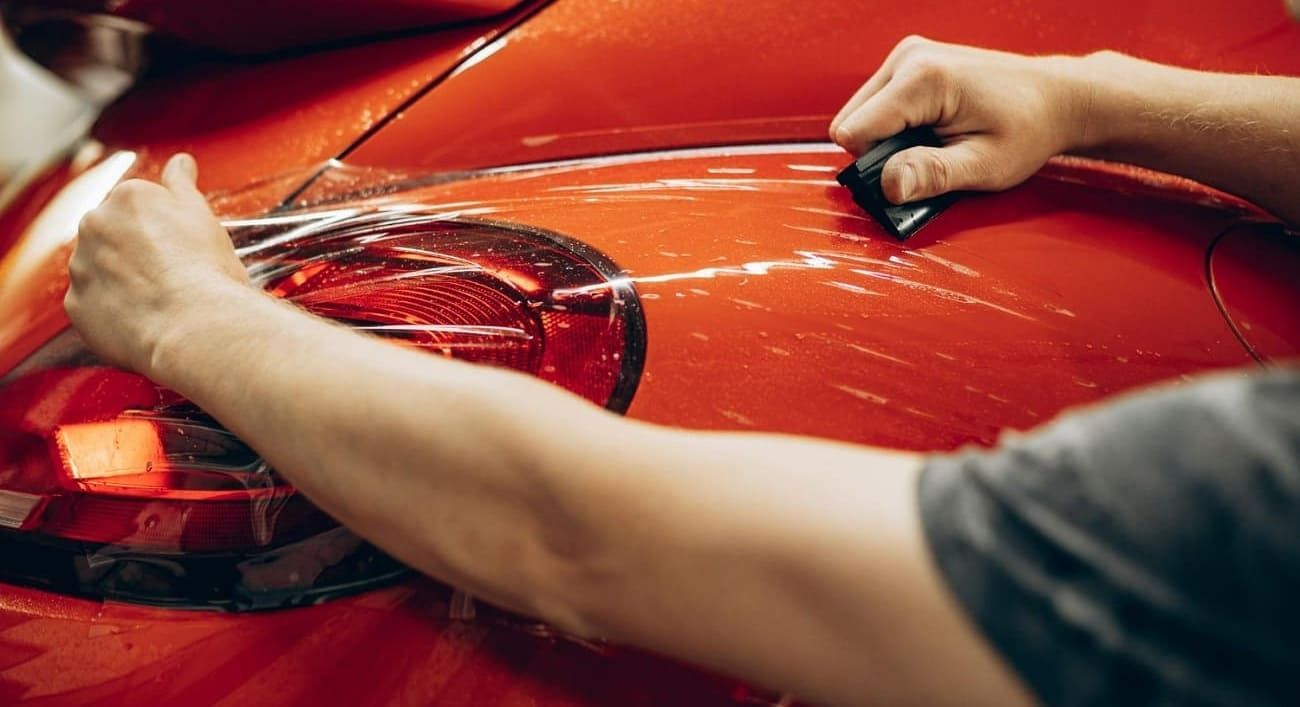
5. Which Protection Option Is Right for Tennessee Drivers?
Choosing between paint protection film vs ceramic coating depends on your unique needs and driving habits. If you drive highways daily or park outdoors in Tennessee’s unpredictable climate, PPF’s physical shield pays off with maximum protection. Live in a neighborhood or urban area with limited exposure to rock chips? Ceramic coating might give you the shine you want with less investment and maintenance required.
Luxury vehicles, sports cars, collectibles, new investments : Choose PPF for ultimate protection and resale value, possibly combined with a top-layer ceramic coating (yes, they can work together for the best of both worlds!).
Older vehicles, family SUVs, daily drivers : Ceramic coating offers affordable, high-gloss protection and makes care more manageable—even for busy families and frequent travelers.
Tennessee car detailing professionals often recommend a combo: PPF on front-facing panels (hood, bumper, mirrors) and ceramic coating everywhere else. Ask your local expert for the best vehicle protection options 2025 based on your habits, vehicle, and budget.
Frequently Asked Questions: PPF vs Ceramic Coating in Tennessee
How long does PPF really last in Tennessee?
With professional installation and care, PPF lasts 5–10 years, even with our hot summers and road salt in winter.
Is ceramic coating enough for Tennessee highways?
Ceramic coating offers great protection against grime, UV, and fading, but doesn’t prevent rock chips or heavy scratches like PPF.
Can I combine PPF and ceramic coating?
Yes. Many drivers opt for PPF on high-impact areas, then apply ceramic coating over the PPF and on the rest of the car for best results.
How much does PPF cost in Tennessee?
Expect $1,200–$6,000+ depending on vehicle size, coverage, and installer reputation.
How often do I need to reapply ceramic coating?
Quality ceramic coatings last 2–5 years; follow your installer’s care tips for maximum durability.
Does PPF or ceramic coating change my car’s appearance?
PPF is invisible, but matte/satin finishes are available. Ceramic coating enhances gloss and gives a deep, shiny appearance.
How do I clean and maintain each?
Use gentle car soaps and avoid abrasive tools. Both options reduce washing time—PPF may require occasional touch-ups, while ceramic needs less drying and polishing.
Is professional installation necessary?
Absolutely. DIY jobs risk bubbles, peeling, or poor bonding. For best results and warranties, choose a certified Tennessee car detailing shop.
What’s best for Tennessee weather?
PPF excels at impact resistance (gravel, salt, hail); ceramic coating shines for weatherproofing and easy cleaning. Both protect against UV and humidity.
Can I remove PPF or ceramic coating later?
PPF can be removed or replaced by a pro. Ceramic coating wears off over time; heavy polishing can remove it sooner if needed.
Conclusion
Tennessee’s roads and weather demand serious vehicle protection. Whether you choose PPF, ceramic coating, or a combination, investing in your car’s exterior shields its value, improves your driving experience, and saves you money over time. For the best car protection in Tennessee, trust Elite Audio & Window Tinting, proudly serving drivers across Athens, Knoxville, and Chattanooga. Our expert team specializes in premium Paint Protection Film and Ceramic Coating installations tailored to Tennessee’s climate. Contact us today or to schedule your consultation and request your free estimate. Stay ahead of the curve in 2025—drive smarter, stay protected, and enjoy that perfect finish no matter what the road throws your way.

